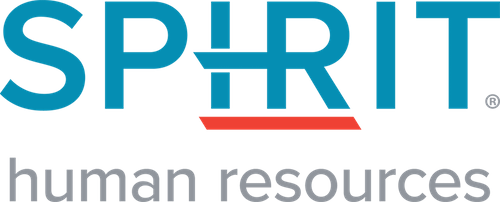What is a Pay Card?

A pay card is a reloadable prepaid card offered by an employer to pay employees’ net wages. Like direct deposit, once an employer deposits funds into the employee’s account, the employee can then use the pay card to purchase items, withdraw cash and pay bills. Pay cards also eliminate the need for paper paychecks.
Industry Growth
A 2017 study by Aite Group revealed that $42 billion in gross dollar volume was loaded onto 5.9 million active pay cards. Projections show 8.4 million active pay cards will be in use by 2022 with $60 billion in volume.
Employee Advantages
Employers cannot require employees to use a pay card; yet, for employees, there are distinct advantages to using a pay card.
- Avoid minimum balance requirements.
- Gain immediate access to wage payments on payday.
- No check cashing fees or check cashing lines to wait in.
- 24/7 access to funds through ATMs.
- Make in-store or online purchases.
- Use to pay bills.
- Increased safety of not having to carry a lot of cash.
- Get a second card for a family member and transfer funds.
Pay cards are especially helpful for employees who don’t have bank accounts. But even employees who have bank accounts can benefit from a pay card. There are no monthly fees, bounced check fees or overdraft consequences.
Employer Advantages
Pay cards offer benefits to employers as well. According to Consumer Action, employers can save approximately $2 per wage payment when transferring funds electronically versus on paper. Other advantages of pay cards for employers include:
- Reduced or eliminated bank service fees.
- No stop-payment fees for lost or stolen paychecks.
- Minimal exposure to paycheck fraud.
- Decreased cost of using paper paychecks.
- Increased employee satisfaction.
Implementing a pay card program is easy. Typically, initial setup involves providing card kits to employees and training employees and employers on how the program works.
There are a number of federal consumer protections that apply to pay cards. Many of them under Regulation E which requires full disclosure of any fees charged to employees associated with the use of the pay card. The American Payroll Association outlines compliance issues state by state on its website. Both the vendor and the financial institution issuing the pay cards are responsible for complying with laws and regulations.
Latest Blogs from Spirit HR
Your Quick Guide to E-Verify
The federal E-Verify program has been around in some form since 1996, and it’s only getting bigger. With Florida joining the program earlier this year, around half of all states now require E-Verify participation in some way. Enrolling in the program isn’t difficult,...
3 Reasons to Outsource Your HR
Navigating the complexities of HR management can be a daunting task for businesses, especially when streamlining operations and optimizing costs are crucial for success. Outsourcing your HR functions can be a game-changer, providing the breathing room you need as a...
3 Steps to Improve Health and Safety Compliance in Your Workplace
Health and safety are two terms that can seem tedious concerning the workplace, but ignoring them and the standards they entail could result in injury, illness or even death. Prevention and preparation are integral to a safe, happy and compliant organization. Here are...
